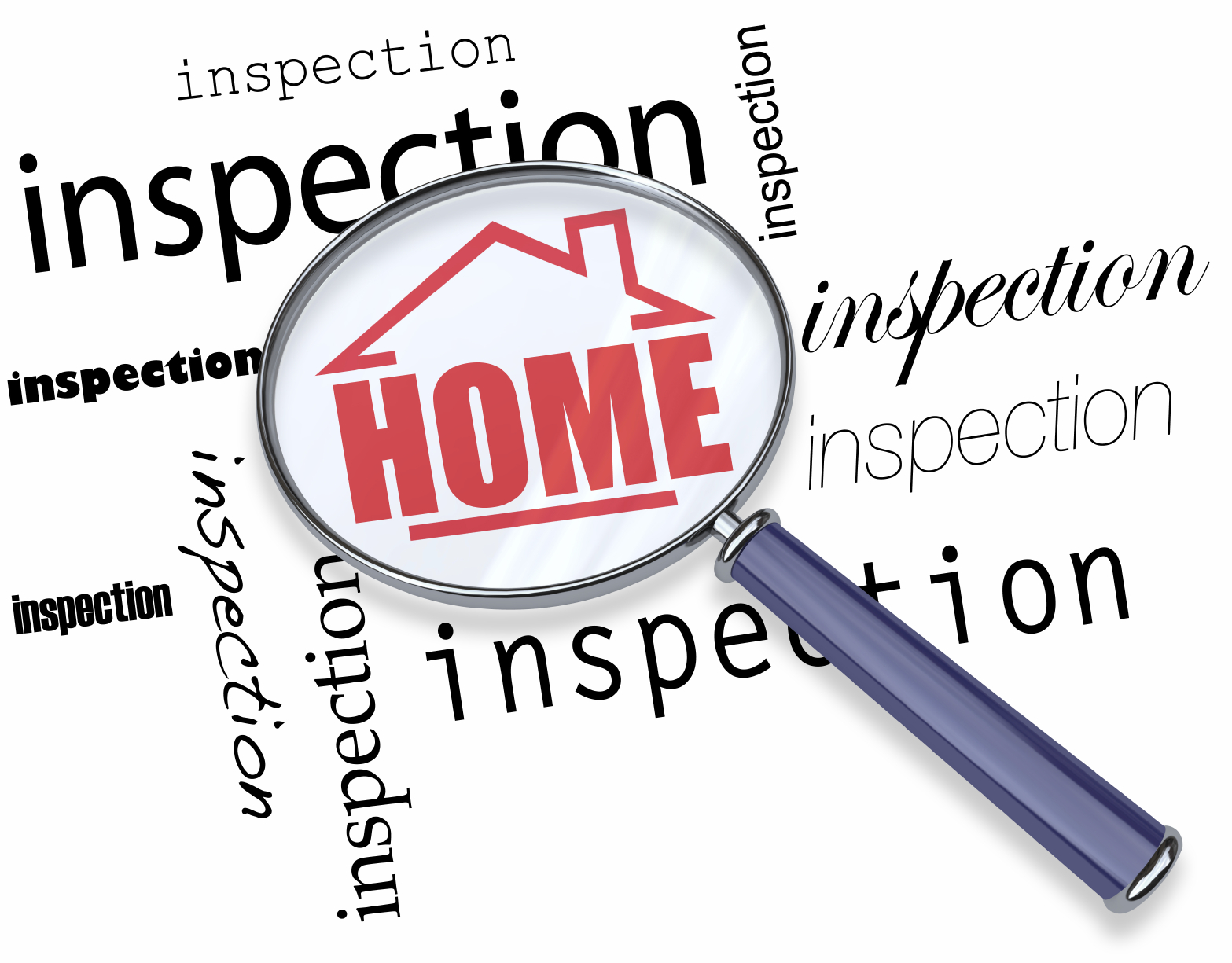Regardless if you are buying or selling a home, the home inspection is a rather important part of the home buying process. Generally, an inspection usually occurs within the early stages of the option period and is completed and paid for by the buyer. However, it is becoming quite common for a seller to have a pre-inspection completed prior to putting the home on the market. This gives the seller an advantage of knocking out possible repairs the buyer could focus on mentally taking away value from the home. Having a successful home inspection takes the combination of all parties involved: the seller, the listing agent, the buyer and the buyers agent and most importantly a competent inspector. Below are a few helpful suggestions to ensure the home inspection process goes smoothly.
Seller
- If at all possible have the home inspected prior to placing the home active in MLS. This is gives you an advantage by seeing the home in the eyes of a buyer and having the opportunity to replace or repair items rather than losing profit.
- Even if you’ve had a home inspection completed prior to entering the market, the buyer still has the option to have their own inspection completed within the option period. Give the buyer the opportunity to inspect and be away fro the home throughout the duration of the home inspection to allow the buyer and home inspector to discuss findings in private.
- If your property is vacant, it is your responsibility to have all utilities (water, gas and electricity) turned on and pilot lights lit from contract until closing day.
- If your property has a pool or spa, water must be filled completed to allow for proper inspection of those items.
- Make full access to all equipment/appliances such as: HVAC, water heater, electrical panels, perimeter of the garage, pull down attic stairs for access to the attic.
- If you have a pet that either doesn’t like visitors or is becomes an escape artist as soon as the door opens, remove the pet from the home during the inspection.
- Lastly, make sure all security alarm systems are turned off as often times the inspector has the property authority to enter the home without the buyers agent in attendance.
Buyer
- Once you know negations are turning into a full fledged contract, tentatively set a time with a home inspector and all other necessary inspection professionals.
- Make a list for any questions you have for the inspector.
- When decided upon who to use for a home inspector, either choose from a list recommended by your real estate professional or get a recommendation from a friend, colleague or relative who has purchased a home within the last three to four months.
- Schedule inspections earlier in the option period to allow follow up time on unknown major issues and gives the adequate time to tackle any further negotiations with the seller.
- It is best to allow the home inspector the opportunity to inspect the home without distraction to ensure he/she does not miss anything of importance. It is preferred for you to either arrive at the end of the inspection to review the report in detail with the home inspector. It is at times not possible for a buyer to attend the inspection even at the end to review, therefore most home inspectors take buyer calls to review over the inspection at a later time.
- Although the entire option period is your time to inspect the property, it is also the time at which negotiations with the seller need to be decided upon. It is encouraged for you to complete inspections in an ample time frame and start any negotiations with the seller before the last day of the option period. Remember, the option period ends at 5:00 pm on the last day of the option period.

